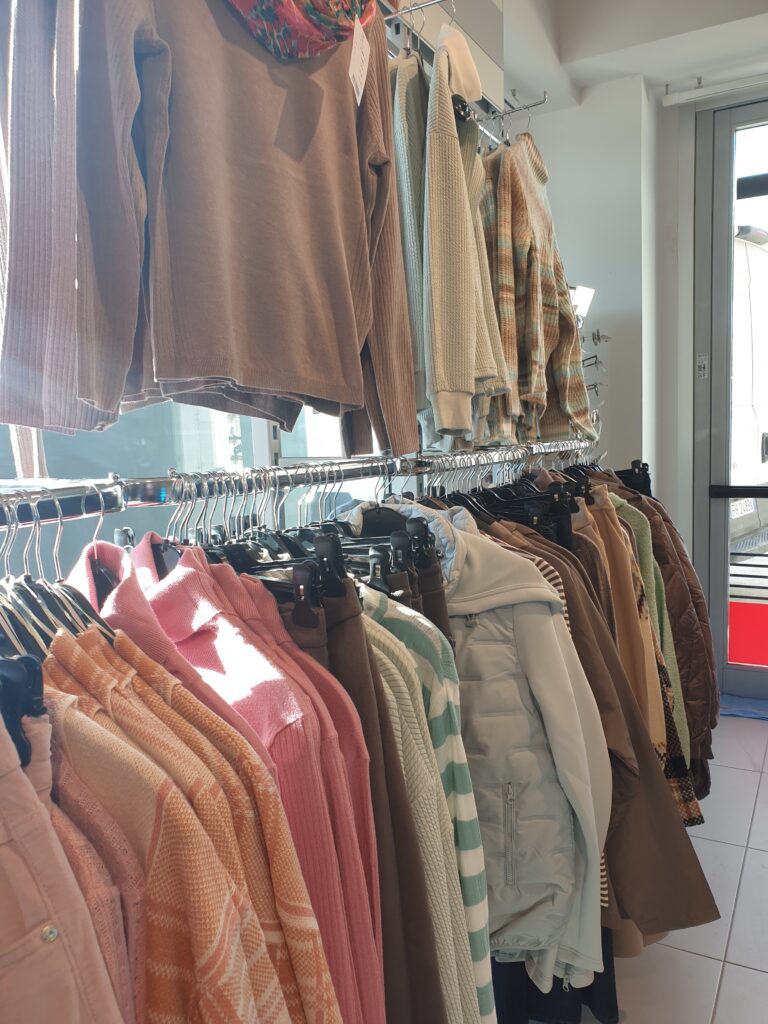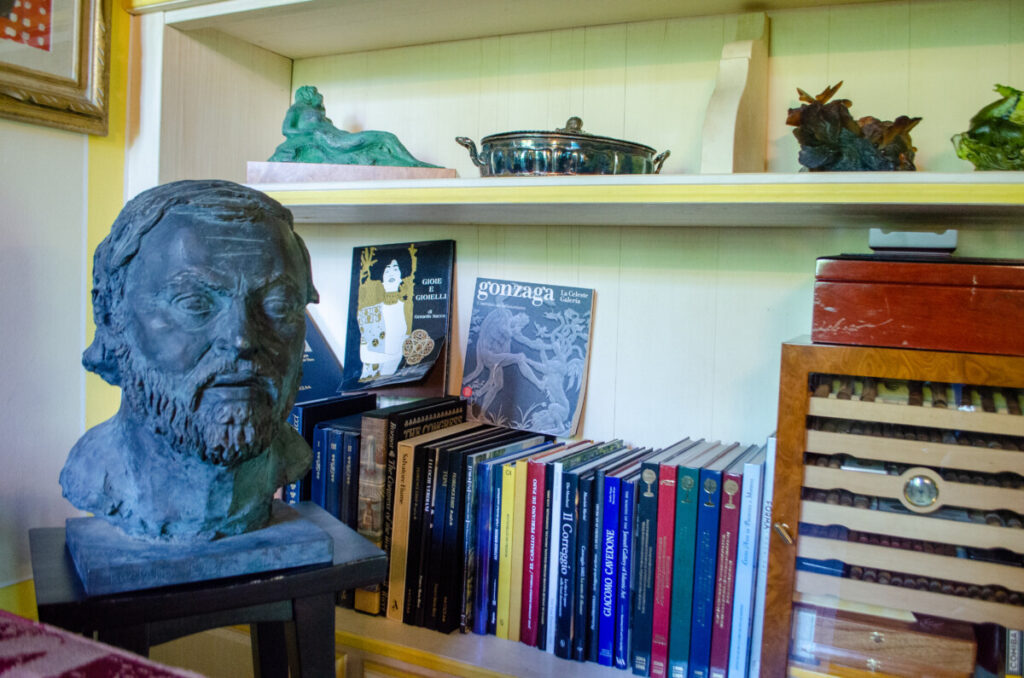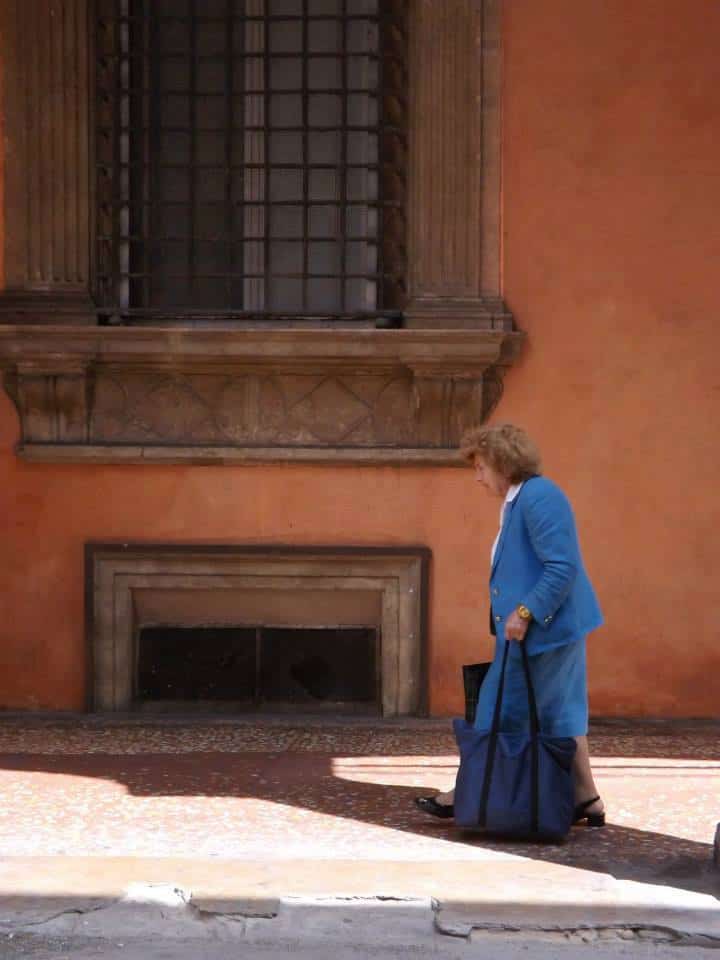Are there specific traits that you noticed about Italians while you were on holiday in Italy or by spending time with an Italian friend?
In this article, I put together the thirteen most common Italian characteristics.
Read on to find out more.
1. Italians gesticulate a lot
Italians find it hard to avoid using their hands when talking because they feel that gesticulating is key in conveying their message. Italians sometimes feel that they can’t make a point or talk at all, unless their hands are moving.
2. Italians are loud
Conversations in public
It is quite common for Italians to have a conversation in the street when they are far away from each other, and this means that they have to shout to be able to hear each other.
I remember that, from my window, I could hear very early morning conversations (about 7 am) between the butcher and the barman who were on opposite sides of the street. They would manage to have a whole conversation shouting about things like the weather or football.
Many Italians don’t really mind if their conversations are overheard by others in public, and so they often don’t take care to lower their voice when they are having a conversation.
This might stem from the Italians’ communal spirit, the feeling that different people all belong to one community, and so it doesn’t matter if conversations are overheard. In fact, Italians are sometimes not very private either.
Not waiting for others to finish talking
It is common for Italians in groups to all talk at the same time, rather than waiting for someone to finish.
Not waiting for other people to finish talking leads to them shouting over each other to be heard when they are in a group. This can be seen not only in children and teenagers, but also groups of adults and elderly.
Generally louder tone of voice
Italians generally talk with a loud tone of voice, even in a one-to-one setting. This is probably because they are simply used, from a young age, to people speaking loudly around them.
3. Italians are very conscious of health and hygiene
Italians go for regular health checks
It is common for Italians to closely look after their health.
The great majority of Italians go for regular health checks with specialists such as the dentist, the dietitian, the dermatologist or the gynaecologist even if they feel totally well.

This builds a habit of self care in children from a very young age, and it catches problems before they happen, so Italians are generally very healthy people.
When it comes to specialists such as the dentist or dermatologist, Italians are also very attentive to health-related problems which affect, or could affect, looks. Italians care about looking good, as well as being healthy.
Italians are attentive to their physical symptoms
Italians pay a lot of attention to physical symptoms. Sometimes Italians might be seen by people from other countries as being a little hypochondriac.
When a symptom arises, it is very rare for an Italian to ignore it and just get by. Instead, they would start thinking of possible causes or fixes, and would get in touch with a doctor straight away. This attention to self care prevents problems for escalating.
Italians watch their diet and figure
Italy is a culture where food is very important but, although Italians do like to eat, they are the opposite of mindless when it comes to food.
Italians are very conscious of their eating, and the vast majority of Italians watch their diet.
From a young age, children often hear parents talking about the benefits of certain foods, why certain foods are good or bad for you and, importantly, which foods could make someone overweight.

Italians grow up being very aware of what could make them overweight or cause a health problem down the line, and strive to eat a healthy diet.
Throughout the years, I have picked up a lot more feelings of guilt in relation to food in the conversations of Italians compared to those of people from other cultures.
Italians pay a lot of attention to hygiene in the home
Italians are incredibly meticulous when it comes to hygiene in their homes. Italian houses are very clean, and this tends to be consistent across socio-economic backgrounds.
The habit of cleaning the home with such attention and regularity is passed on from one generation to the next.
Italians are extremely conscious of germs and dirt in their home, and within buildings in general. Italians, for example, would never put their coat or bag on the floor and open windows and doors regularly through the day to let clean air in.
Italians are horrified at the idea of carpets in homes, or in any building, because carpets can’t be mopped. Italians love to mop the floor with hot water and floor detergent or bleach.

Italians pay a lot of attention to personal hygiene
When it comes to personal hygiene Italians are also meticulous. In fact, as you may know, Italy is home to the bidet, which is considered to be absolutely essential in every bathroom.

Sadly, when it comes to cities and public spaces, there are many places in southern Italy which lack in cleanliness, tidiness, and general maintenance. This is not to do with the cleanliness of Italian people, but, rather with Italy’s economy and poor allocation of resources.
4. Italians stick to mealtimes
Mealtimes are very important in the Italian culture, regardless of someone’s age or living situation, so Italians tend to stick to them even if they live alone.

Italians also think that it is strange if a staple food that, in the Italian culture, belongs in a main meal is eaten outside of a main meal.
5. Italians dress well
Italians generally choose to wear designer clothes, if they can afford it.
Especially in smaller Italian cities and towns, people in the street are generally dressed quite elegantly, possibly because people tend to know each other more and there is a fear that, if someone dresses down, or dresses differently, they may be judged by others.

In smaller Italian cities and towns, possibly for the same reason, there is a certain uniformity in how people are dressed, in the sense that they tend to wear similar outfits.
Italian don’t like to wear overly casual clothes outside of the house. For example, they normally wouldn’t wear gym clothes or tracksuit bottoms and a hoodie outside of the house, unless they were exercising. Italians prefer jeans over leggings for when they leave the house.
6. Italians have a strong community spirit
If a negative situation is unfolding in a public place, Italians will normally stick around, listen to understand what is going on, and try to help. This is part of the Italians’ community spirit.

Italians normally pay attention to what other people around them are saying and doing, and this might be perceived to be a little invasive or nosey. The positive side of this is that Italians won’t ignore someone who is in need of help.
7. Italians are sociable
Acquaintances tend to be more familiar with each other in Italy then they are in other countries.
For example, neighbours are very often round each other’s house, and neighbours or friends may turn up to each other’s house unannounced.
This is linked to the idea of community spirit, whereby Italians feel that their community is almost like a large family, but this trait could also be seen by some as a lack of privacy in Italians, or a lack of boundaries or respect of each other’s space.
8. Poor Italian customer service
In Italy you might, at times, experience poor customer service. Whoever is providing the service might sometimes come across as being inpatient or not very courteous.
Obtaining information, such an an answer to a query, might sometimes feel like a big effort when you are in Italy. Employees might sometimes come across as not very efficient in finding things out, and there is a lot of signposting to other staff in service-based businesses.
It is important to stress that this is not true of all businesses, and can vary a lot, but there is definitely a trend.
Poor Italian customer service could be due to a number of factors such as poor working conditions, insufficient employee performance monitoring, insufficient staff training, administrative processes which are excessively complicated, and therefore frustrating for people to carry out.
9. Not respecting queues
Italians are famous for being bad at queuing, such as queuing in a disorderly manner or even jumping a queue. This is a trait that has been passed on from generation to generation and possibly never got interrupted because parents don’t set a good example for their children.
10. Bad driving behaviour
There is a lot of road rage in Italy. This is worse in Southern Italy than Northern Italy and worse in bigger cities than towns, although Italian driving behaviour is bad across all of Italy, compared to other countries.
It needs to be said that there is a general tendency for driving behaviour to be worse in the southern part of the world than the northern part of the world.

The worst Italian cities for driving are:
- Naples
- Rome
- Bari
- Palermo
- Reggio Calabria
Examples of bad driving behaviour in Italy include:
- Using the horn
Italians beep a lot, to other drivers and sometimes to pedestrians.
- Giving way
When giving way is a gesture of courtesy, for example in a narrow road, Italians don’t tend to do it.
- Confusing use of flashing
Most of the time, headlight flashing in not used to warn another driver or to thank them but, instead to insult them, or to indicate that you are annoyed. This makes it hard to know when headlight flashing in Italy means something important and when it doesn’t.
- Parking
Parking in unsuitable places, or leaving the car in temporary positions, often taking up the disabled spot, is very common in Italy, in big cities and small towns alike.
11. Italians stare a lot
Italians stare at people a lot, particularly in smaller cities. Sometimes the locals might stare at visitors because they represent a novelty. Staring at people who live there regularly, however, is also common.
Italians in small towns seem to just be staring at someone when something is going through their heads about them. I remember being very annoyed by this when I was in my teens.
12. Italians are quite academic
The average person in Italy is well educated, well read and knowledgeable, mainly thanks to the rich curriculum of Italian high schools (“Scuole Superiori”), and good examples set within families.
The Italian school curriculum is very broad, but subjects are also studied in great depth.
When they pick their High School at the age of 13, kids commit to all the subjects taught in that school. There is no selection of what subjects you want to take your exams in when you get to your final exam, which is your High School Diploma exam (called Diploma di Maturita) in Italian.

Getting through High School in Italy takes effort and commitment. Italian kids do finish school by 1 p.m. at the latest each day, but then spend all afternoon doing homework for the next day, and sometimes well into the night, especially in the final three years of High School.
13. Italians like high-quality stuff
Italians like quality things when it comes to, for example, clothing, accessories, items for the house, house construction and finishes.

Italians are used to seeing beautifully-crafted, high-quality things around them from a young age, so, whenever something is not of high quality, Italians do notice it.







